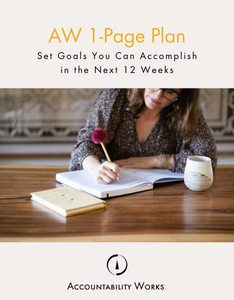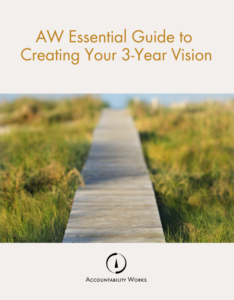Setting boundaries effectively is an important skill
Setting boundaries effectively is an important skill. And like any skill it is something that you can learn to do and that you can improve upon at any time. The topic of boundaries came up recently for me, as I realized that I was feeling overextended and overwhelmed. I had a much busier first quarter of the year than I had planned. It seems from the first week of January up until the last week of March, my schedule was not my own. It was a good indication it was time to brush up my boundary setting skills.

I picked up Nedra Glover Tawaab’s book, Set Boundaries, Find Peace again after reading it last year. The last time I read it I was focused on the relational aspects of setting boundaries. In other words, tools for how to tell others what you need or want. When I first purchased this book I was looking for the best way to have boundary setting conversations. However, in reading the book this time, what stuck out to me was that setting boundaries is inherently uncomfortable. For example, I was not setting boundaries around my time or even listening to myself as to what I needed because I felt guilty and selfish for needing rest and white space. In the short-term I was avoiding those uncomfortable feelings but paying the higher price of exhaustion and resentment in the long term.
Normalizing discomfort
Part of our AW process is to normalize discomfort. Every goal that you set, every commitment that you make, comes with resistance. We experience that resistance as discomfort because pretty much everything that we are reaching for or trying to change about ourselves lies outside our comfort zone. So when I read Tawaab’s very frank discussion on there being no way to set boundaries and avoid discomfort it really resonated with the work that we do at Accountability Works.
That doesn’t make it easier but it’s good to know setting boundaries is uncomfortable. But not setting boundaries is even more uncomfortable. Same goes for any worthwhile endeavour. In the short term you risk failure, putting yourself out on a limb, setting out to change something and then going back to old behaviors. However, the not doing is much more painful. As we are about to head into a new season and a new quarter, it’s a good time to be reminded that the short term cost of sitting in uncomfortable emotions for a long term gain of living more aligned and fully expressed is always worth it.
Practice, practice, practice
So to practice, I left a weekend open. I stopped myself from filling it up, even though I felt guilty saying no. I almost backtracked multiple times. At the end I felt rested and grateful to have created some space for myself. I know that I will need to continue to practice, practice, practice.
Is there an area where you feel like you could set better boundaries? It could be around your time, your energy, your space. It could be at home or at work? If so, it is a great time to practice. Especially when you are prepared to endure the short-term discomfort for the longer term reward.



